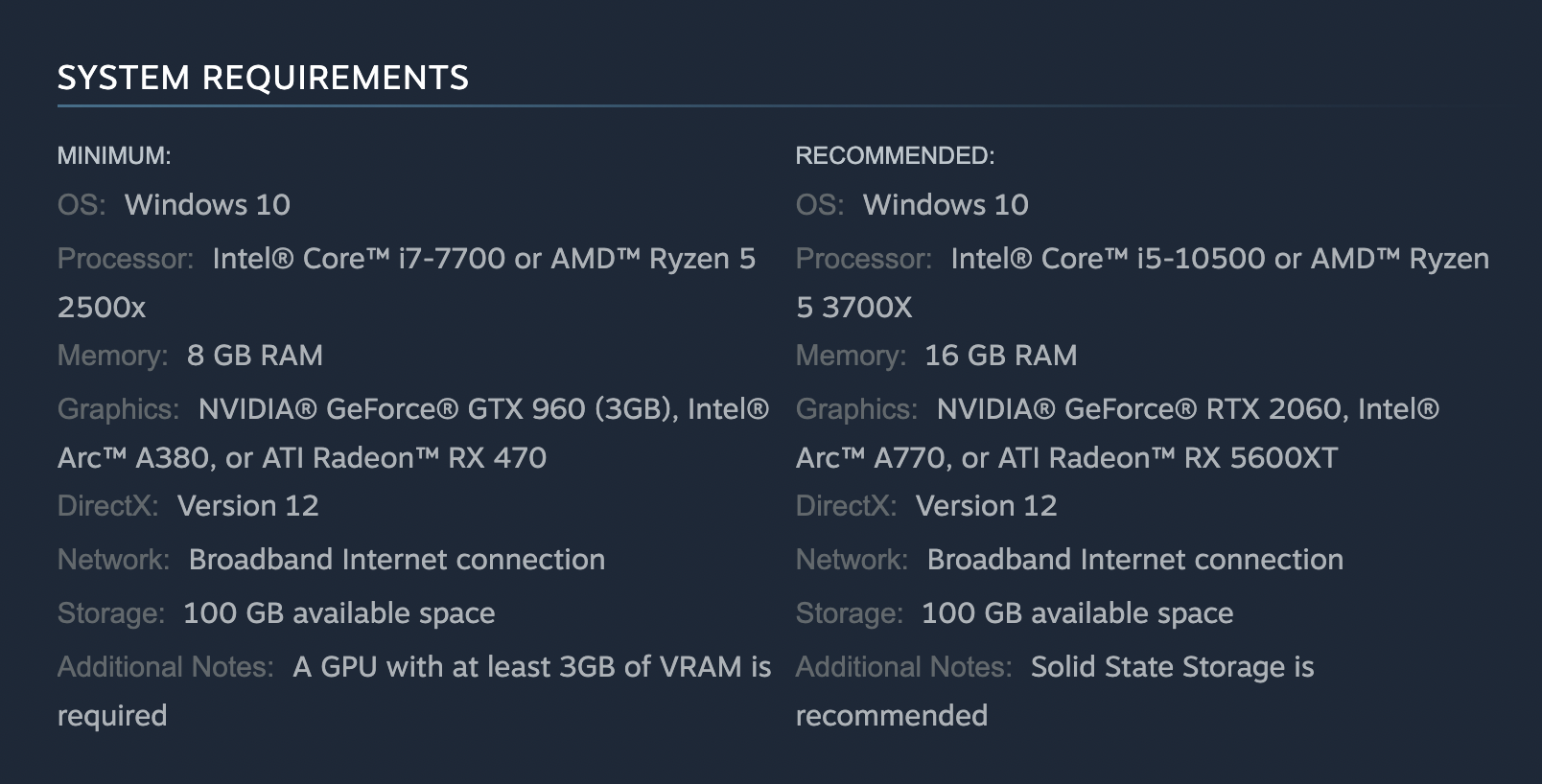
You don’t have to be Old McDonald to appreciate the value of owning a farm nowadays. The truth is that Mother Nature isn’t making any new land, and America will always need farmers. Despite Charleston’s rapid development in some areas, there are still beautiful rolling acres perfect for raising animals or growing crops, especially in Awendaw and parts of Johns Island.
So, here’s a shrewd housing hack: Why not consider purchasing farmland where you can either live and grow crops on yourself or profit from that terra firma as an investor? “Farmland is a valuable investment due to its appreciating value over time, limited availability, our increasing population, and rising food demand,” says Dutch Mendenhall, an expert real estate investor. Jon Molek, a real estate expert pro with Best Offer Ohio, subscribes to that theory. “Buying farmland can be a wise choice for those seeking self-sufficiency and a simpler lifestyle.
It also offers the potential for long-term capital gains since owning tangible assets like this can act as a hedge against inflation, which tends to be less volatile than other financial assets,” he notes. “Also, farmland ownership can come with significant tax incentives.” Ideal candidates include those passionate about agriculture, including entrepreneurs seeking to expand ventures or profit from a leased or sold property.
“Those who love to work with their hands and enjoy being outside should consider this, as well as people who are extremely hard workers and don’t travel for extended periods of time during the season,” recommends Crystal Dukes, global advisor at Premier Sotheby’s International Realty. She adds that not all farmland purchasers nowadays are seeking to grow massive crops of staples like corn, wheat, or soybeans or own hundreds of livestock. “We are seeing a rise in hobby farms that do not provide a substantial harvest – instead, they provide the space for owners to do things like be more hands-on with raising animals, keeping bees, and growing their favorite flowers, plants, fruits, and vegetables for personal consumption,” Dukes says.
Indeed, farming today can encompass passions like reforesting, conservation, and hosting space for renewable energy projects. “Here in Texas, we see more people leasing out their farmland property to big companies for solar arrays, for example,” explains Lauren Byington, a real estate agent who operates in Missouri and Texas. But even if you have no interest in growing, harvesting, or caring for animals, claiming farmland can pay off in spades.
“For pure investment purposes, it’s almost always more valuable to buy farmland than use it as a personal residence. You can benefit from a potential long-term return and property appreciation while earning income through leasing to farmers or other businesses,” suggests Molek. But Molek cautions that those seeking quick financial gains or a hands-off investment may not be ideal prospects, “as people with little interest or experience in agriculture may find it challenging to manage the labor-intensive and high operational costs of farmland ownership.
” You can usually find farmland for sale online, via real estate platforms like Zillow, Realtor.com , Land.com , LandWatch.
com , and Land.net , by reading newspaper listings, through commercial offerings such as Loopnet, or at property auctions. Partnering with a seasoned real estate agent specializing in agricultural properties is highly recommended.
“To purchase farmland, you often need a special loan, such as a USDA loan, an investment partnership, or ample funds if you want to purchase entirely with cash,” adds Byington. Dukes advises doing your homework carefully before committing to a farmland purchase. “Try working on a farm for a while or at least hiring someone who is knowledgeable in the area you are interested in farming until this line of work becomes more familiar to you,” she says.
Also, be sure to check things like soil quality and water access as well as water quality. Have the site inspected carefully, “and understand zoning and permitting rules in the area,” Byington says. Farmland prices can vary significantly but expect to pay several thousand dollars per acre, at minimum.
.












